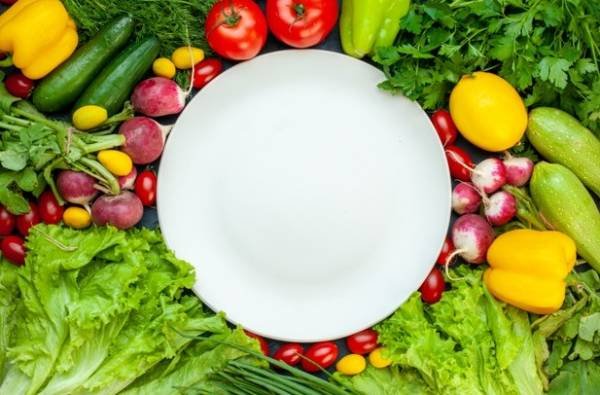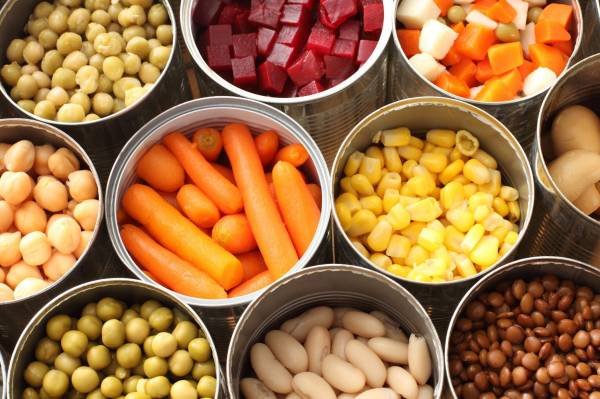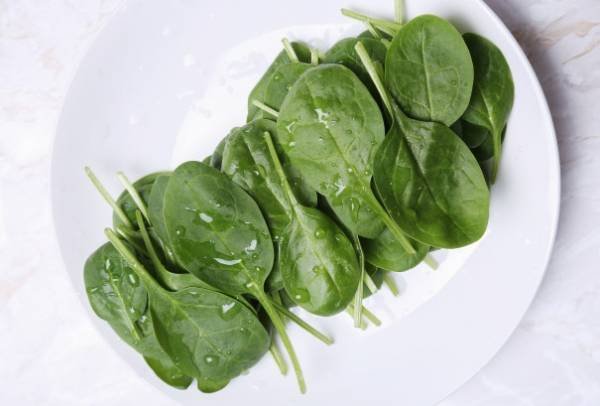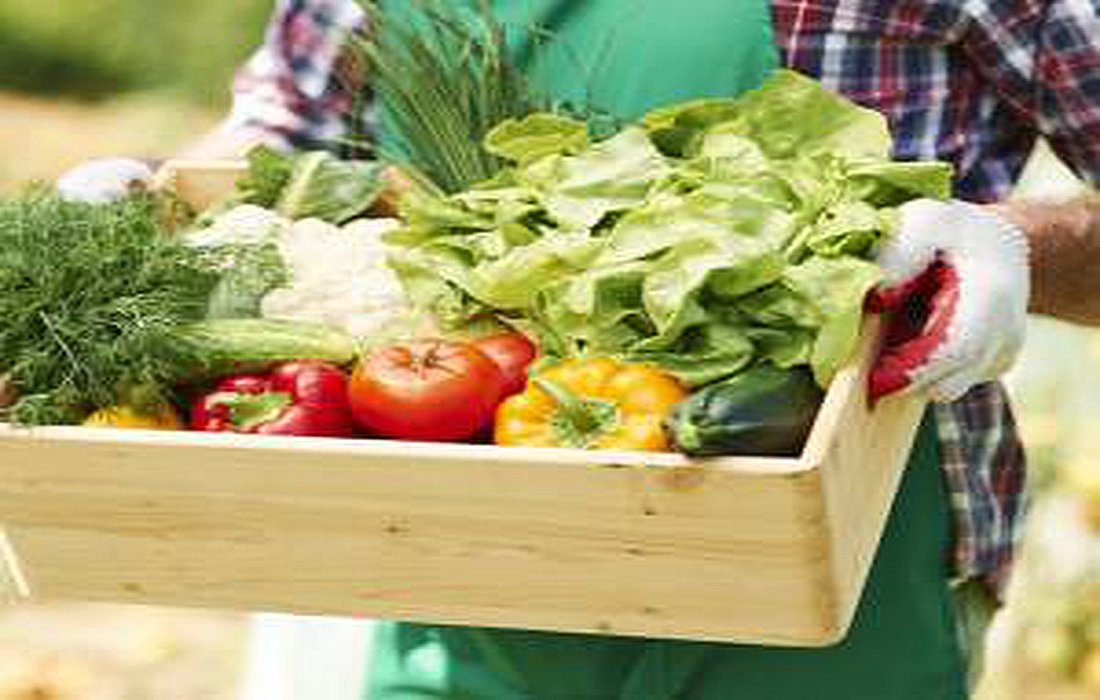The harms and serious side effects of excessive vegetable consumption
Eating vegetablesRich in fiber and essential nutrients for human health. But is eating all of them at once really a good idea? In fact, it is not because eating too much of any type of vegetables can have side effects for some people. In reality, all those who advertise with a plate full of various vegetables and herbs cultivate some unhealthy habits.
Just as consuming too much fat, sugar, or sodium can lead to issues likediabetes, heart disease, and more, we must also exercise caution with vegetable consumption as it comes with its own specific consequences. In this section of health and wellnessSelMagzwe will explain more about these matters.

Side effects of consuming too many vegetables
Some vegetables that can cause side effects when eaten in excess include:
Canned vegetables
Vegetables have many beneficial properties, but when processed into canned form, their vitamin content decreases and salt, sugar, and preservatives are added. Therefore, avoid canned vegetables as much as possible, and if you must consume them, choose those labeled “no salt added.”

Celery
Celery is a low-calorie, fiber-rich vegetable, but excessive consumption can lead to digestive issues and stomach irritation. It’s also been noted that it may cause hormonal disturbances.
Brussels sprouts
Excessive consumption ofBrussels sproutscan causestomach painand stomach swelling due to their sugar content, making them hard to digest and causing excessive gas production, which is primarily caused by sulfate.
Spinach
Spinach is rich in vitamins A and C and has antioxidant properties, making it a very beneficial vegetable for the body. However,if you consumenon-organic spinach, pesticides may remain on it and enter the body, leading to excessive side effects.

Corn
As mentioned earlier, canned vegetables lose their vitamin content and have salt, sodium, and preservatives added.Cornis also among those vegetables which, due to genetic modifications, have become high in protein. This can lead to problems such as food intolerancesand allergic reactions, so keep in mind that corn is high in sugar, and make sure to maintain balance in its consumption.
Bell pepperBell pepper is rich in water and belongs to the family of
potatoes,tomatoes,andeggplantswhich all contain solanine. High levels of this compound are considered a toxic alkaloid. Cooking these vegetables reduces the toxins, but consuming them raw and in excess on an empty stomach can lead tostomach painand digestive issues.BroccoliBroccoli is rich in vitamins B, C, and copper and has high antioxidant properties but can causebloatingand gas problems in those with sensitive digestive systems. In such cases, it not only causes stomach discomfort and swelling but also produces gas, so be sure to balance your consumption of
broccoli
and avoid excessive intake.Green peasGreen peasare classified as starchy vegetables. These peas have a high glycemic index and can quicklyraise blood sugar levels
which can lead to obesity and feelings of hunger shortly after eating. Therefore, if your metabolism is slow and you do not exercise much, be cautious with this group of vegetables.
Side effects of excessive vegetable consumptionThey are very high in fiberAccording to the National Institutes of Health guidelines, you should aim to consume about 25 grams of fiber daily. One cup of vegetables (depending on the type of vegetables) contains on average about 8 grams of fiber, making four cups roughly appropriate. A relatively small bowl is about the size of three to four cups.It is said that eating more than the recommended amount of fiber is not a problem, but it shouldn’t be less than that. Many people consume over 25 grams of fiber daily without experiencing side effects.But the problem arises when the stomach cannot handle this amount of fiber, leading to digestive discomfort, gas, bloating, andsevere constipation.

It can also cause nutrient deficiencies. When the stomach is busy processing and digesting all the vegetables, it loses its ability to absorb other nutrients. Therefore, excessive vegetable consumption can hinder the absorption of other nutrients.
Your skin turns orange
In the article “
This skin change is a side effect of eating too many vegetables!
” we discussed this, and you learned that many vegetables contain carotenoids, and this orange compound found in plants can be very beneficial for your eyesight. However, excessive intake of this substance and its circulation in the blood may affect skin color. This temporary skin discoloration (turning the skin orange) is not harmful; it just has an unpleasant appearance and is considered one of the side effects.Vegetables are beneficial for the body up to a point. The body can only process similar nutrients at one time. Just as excessive consumption of multivitamins has a limit, so does excessive vegetable consumption.Final thoughts
According to a recent study, three to four servings of vegetables per week is considered ideal, and exceeding this amount is not beneficial.
When you consume too many vegetables, your stomach won’t have enough space for other nutrients that are essential for your health. You may even unknowingly consume less of some essential nutrients like proteins, fats, and carbohydrates.Given all this, why can’t we reconsider the belief about the benefits of vegetables compared to other foods? Why is overconsumption of vegetables – a habit found in some diets – never discouraged, while overeating meat, dairy, or carbohydrates is? Eating too much of anything is never a good idea; even with excessive vegetable consumption, negative effects can occur in your body, so maintain balance in everything you consume.Harms of vegetables
Side effects of eating too many vegetables

Negative effects of canned vegetables
The risks of excessive consumption of canned vegetables
Excessive spinach consumption
The harms of overconsuming spinach







